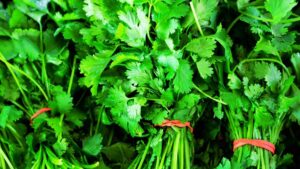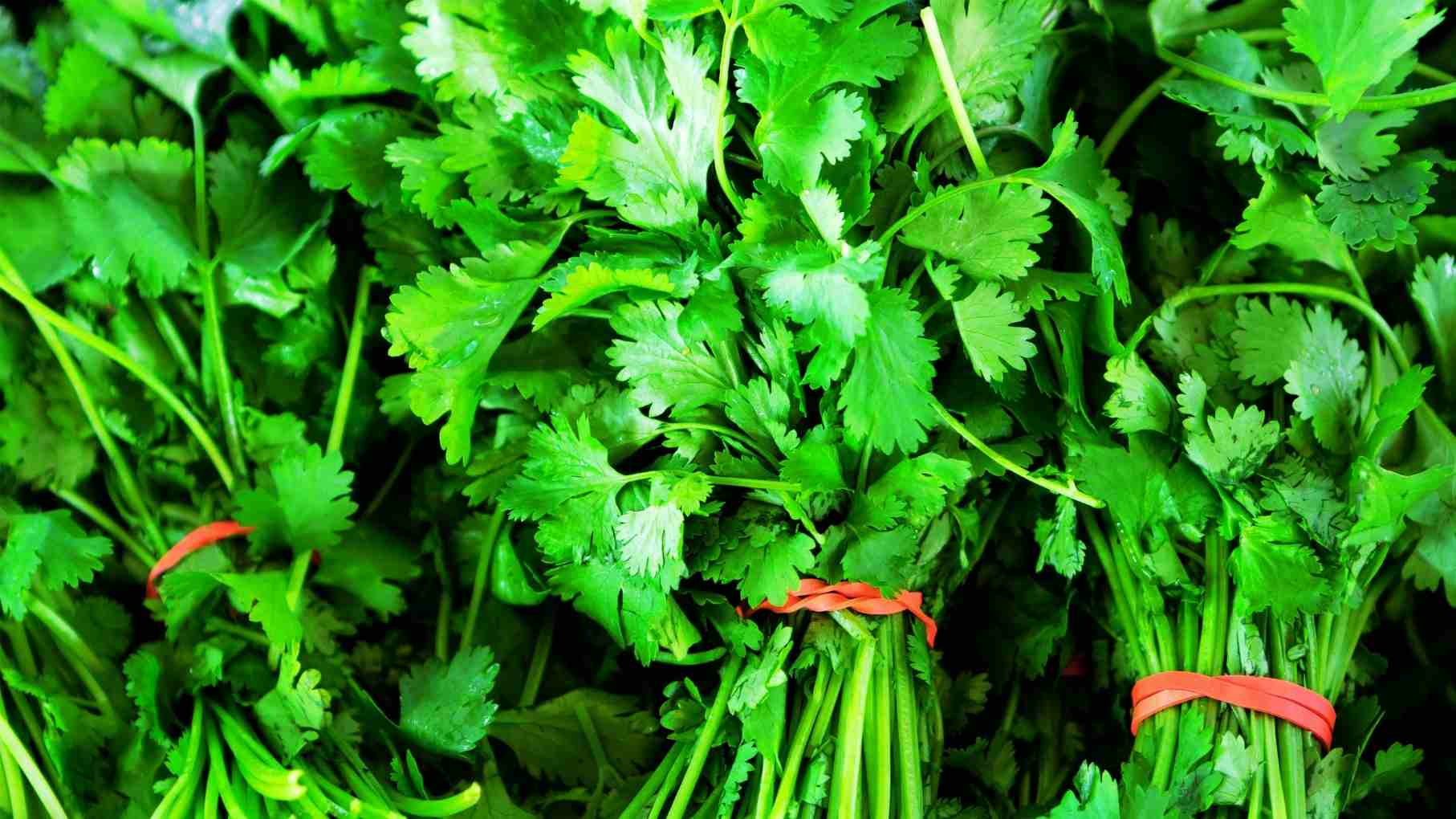Revitalize Your Skin Naturally: 6 Herbs for Collagen Boosting
Date: November 25, 2023
Revitalize Your Skin Naturally: 6 Herbs for Collagen Boosting: collagen, the structural protein responsible for skin elasticity and strength, plays a pivotal role in maintaining youthful and radiant skin. While numerous skincare products claim to boost collagen artificially, nature offers an array of herbs with inherent collagen-enhancing properties. In this detailed exploration, we’ll uncover six herbs that stand out for their natural ability to promote collagen production, contributing to skin vibrancy and vitality.
1. Gotu Kola (Centella asiatica): The Skin Tonic: मण्डूकपर्णी’ और जल ब्राह्मी
Gotu Kola, a revered herb in Ayurveda and traditional medicine, contains triterpenoids that stimulate collagen synthesis. Its antioxidant properties also help protect existing collagen from damage.
2. Horsetail (Equisetum arvense): Silica Support: सांप घास/Water Bamboo plant
Rich in silica, a mineral essential for collagen formation, Horsetail aids in maintaining skin’s elasticity. Silica is a building block for collagen, contributing to skin suppleness and strength.
3. Amla (Emblica officinalis): Vitamin C Powerhouse: आंवला
Amla, also known as Indian Gooseberry, is abundant in Vitamin C—an essential nutrient for collagen synthesis. Vitamin C supports the production of hydroxyproline and hydroxylysine, crucial for collagen stability.
4. Rosehip (Rosa canina): Antioxidant Elixir: गुलाब का फल
Rosehip is a powerhouse of antioxidants, including Vitamin C, which combats free radicals that can degrade collagen. Its natural retinoids promote collagen synthesis and reduce the appearance of fine lines.
5. Turmeric (Curcuma longa): Anti-Inflammatory Marvel: हल्दी
Curcumin, the active compound in Turmeric, boasts anti-inflammatory and antioxidant properties. By reducing inflammation, Turmeric supports collagen production and helps maintain skin health.
6. Cilantro (Coriandrum sativum): Detoxifying Herb: धनिया

Cilantro is known for its detoxifying properties, helping eliminate heavy metals that can contribute to collagen breakdown. Its antioxidants also aid in maintaining skin’s firmness.
Incorporating Collagen-Boosting Herbs into Your Routine
- Herbal Teas: Infuse Gotu Kola or Horsetail into your daily tea routine for a refreshing collagen boost.
- DIY Face Masks: Create face masks using Amla powder, Rosehip oil, and Turmeric for a rejuvenating skincare ritual.
- Culinary Delights: Add fresh Cilantro to salads or use Turmeric in cooking to not only enhance flavors but also promote skin health.
- Supplements: Consider herbal supplements for a convenient way to incorporate collagen-boosting herbs into your daily routine.
Join My Free Course: Women Happiness Mantra.
45 frequently asked questions (FAQs) about collagen.
Revitalize Your Skin Naturally: 6 Herbs for Collagen Boosting
-
Q: What is collagen? A: Collagen is a structural protein that forms the connective tissue in the body, providing strength, elasticity, and support to various tissues, including skin, bones, and tendons.
- Q: How many types of collagen are there? A: There are at least 16 types of collagen, with Type I, II, and III being the most prevalent in the human body.
- Q: Where is collagen found in the body? A: Collagen is found in the skin, bones, muscles, tendons, ligaments, blood vessels, and other connective tissues.
- Q: What is the importance of collagen for skin health? A: Collagen contributes to skin elasticity, hydration, and firmness. It helps reduce the appearance of wrinkles and supports a youthful complexion.
- Q: Can collagen production decline with age? A: Yes, collagen production naturally decreases with age, leading to sagging skin, wrinkles, and reduced joint flexibility.
- Q: Are there natural sources of collagen in food? A: Yes, collagen is found in animal-based foods like bone broth, chicken skin, fish, and pork skin.
- Q: Can plant-based foods support collagen production? A: Plant-based foods rich in vitamin C, zinc, and antioxidants can support collagen synthesis and promote overall skin health.
- Q: How does collagen benefit joint health? A: Collagen provides structure to joints and helps maintain cartilage integrity, supporting joint flexibility and reducing the risk of joint disorders.
- Q: Can collagen supplements improve skin elasticity? A: Some studies suggest that collagen supplements may enhance skin elasticity and hydration, reducing the signs of aging.
- Q: What is the role of collagen in hair and nail health? A: Collagen contributes to the strength and structure of hair and nails, promoting healthy growth and preventing brittleness.
- Q: Can collagen supplements promote muscle growth? A: Collagen is not a complete protein for muscle building, but it provides essential amino acids that support overall muscle health.
- Q: How can collagen benefit digestive health? A: Collagen contains glycine, an amino acid that supports gut health by promoting the integrity of the intestinal lining.
- Q: Can collagen supplements aid in weight management? A: Collagen supplements may promote a feeling of fullness, potentially reducing appetite and supporting weight management.
- Q: Is collagen important for bone health? A: Collagen provides the framework for bones, contributing to their strength and flexibility. It works in conjunction with minerals like calcium for bone health.
- Q: Can collagen support wound healing? A: Collagen is essential for wound healing, providing the structure for new tissue formation and promoting the closure of wounds.
- Q: How does collagen contribute to vascular health? A: Collagen is a key component of blood vessel walls, providing structure and elasticity, which is crucial for cardiovascular health.
- Q: Can collagen supplements help with arthritis? A: Some studies suggest that collagen supplements may alleviate symptoms of osteoarthritis by supporting joint health.
- Q: Are there different forms of collagen supplements? A: Yes, collagen supplements come in various forms, including collagen peptides, gelatin, and hydrolyzed collagen.
- Q: Can collagen supplements be sourced from marine sources? A: Yes, marine collagen, derived from fish or other sea creatures, is a popular source of collagen supplements.
- Q: Is collagen vegan-friendly? A: Collagen itself is not vegan, but plant-based alternatives and supplements that support collagen production are available.
- Q: How long does it take to see results from collagen supplements? A: Results from collagen supplements may vary, but some individuals report improvements in skin, hair, and nails within a few weeks to months.
- Q: Can collagen supplements cause allergies? A: Collagen supplements are generally well-tolerated, but individuals with allergies to specific sources, such as fish or bovine, should choose alternatives.
- Q: Is collagen beneficial during pregnancy? A: Collagen is generally safe during pregnancy, but it’s essential to consult with a healthcare professional before taking supplements.
- Q: Can collagen supplements interact with medications? A: While collagen supplements are generally safe, it’s advisable to consult with a healthcare provider, especially if taking medications.
- Q: Are collagen injections used for cosmetic purposes? A: Collagen injections were once common for cosmetic procedures, but they have largely been replaced by other dermal fillers with longer-lasting effects.
- Q: Can collagen be obtained from bone broth? A: Yes, bone broth is a natural source of collagen, as it is made by simmering animal bones, tendons, and ligaments.
- Q: How does UV exposure affect collagen in the skin? A: Prolonged UV exposure can break down collagen fibers, leading to premature aging, wrinkles, and reduced skin elasticity.
- Q: Can collagen levels be measured in the body? A: While there isn’t a direct test for collagen levels, certain biomarkers and imaging techniques can indirectly assess collagen health.
- Q: Can collagen supplements improve nail strength? A: Collagen supplements may contribute to nail strength by supporting the overall health of the nail matrix.
- Q: Are there collagen-rich foods suitable for vegetarians? A: While collagen itself is not found in plant-based foods, vegetarians can support collagen synthesis by consuming foods rich in vitamin C, amino acids, and antioxidants.
- Q: Does collagen play a role in scar formation? A: Yes, collagen is involved in scar formation, providing the structure for the repair of damaged tissue.
- Q: Can collagen supplements improve cellulite appearance? A: Some individuals report improvements in cellulite appearance with collagen supplementation, but more research is needed to confirm these effects.
- Q: How does smoking impact collagen in the skin? A: Smoking accelerates collagen breakdown, leading to premature aging, wrinkles, and an increased risk of skin sagging.
- Q: Can collagen be obtained from plant-based alternatives? A: Plant-based alternatives like soy collagen and algae-derived collagen precursors are available, offering options for those who prefer plant-based sources.
- Q: Can collagen support dental health? A: Collagen is present in the structure of teeth, contributing to their strength. Proper nutrition, including collagen-rich foods, can support overall dental health.
- Q: How does collagen contribute to eye health? A: Collagen is a component of the cornea, the transparent front part of the eye, contributing to its strength and clarity.
- Q: Can collagen be beneficial for those with autoimmune disorders? A: While collagen supplements are generally well-tolerated, individuals with autoimmune disorders should consult with healthcare professionals before use.
- Q: Can collagen improve the appearance of stretch marks? A: Collagen supplementation may help improve skin elasticity, potentially reducing the appearance of stretch marks.
- Q: How does stress impact collagen production? A: Chronic stress can negatively impact collagen production, contributing to skin aging and other health issues.
- Q: Can collagen supplements be taken with other protein sources? A: Yes, collagen supplements can be consumed alongside other protein sources to support overall protein intake.
- Q: Can collagen support liver health? A: Collagen contains glycine, which supports liver detoxification processes, contributing to overall liver health.
- Q: Are collagen supplements heat-stable for cooking? A: Collagen peptides are heat-stable and can be added to both hot and cold beverages, as well as incorporated into recipes.
- Q: How does hormonal changes affect collagen in women? A: Hormonal changes, especially during menopause, can lead to collagen loss, contributing to changes in skin elasticity and bone density.
- Q: Can collagen be obtained from chicken skin? A: Yes, collagen can be extracted from chicken skin, making it a potential source of collagen for dietary supplements.
- Q: How can collagen be naturally supported through lifestyle? A: Maintaining a balanced diet, staying hydrated, protecting the skin from sun damage, and avoiding smoking can naturally support collagen health.
Remember, individual responses to collagen supplements and lifestyle changes may vary, and it’s advisable to consult with healthcare professionals for personalized advice based on individual health conditions and goals.
Dr. Ritu Goyal
Gynaecologist & Leading Women Happiness Coach India 🇮🇳
Join My Free Course: Women Happiness Mantra.
Related Content –

